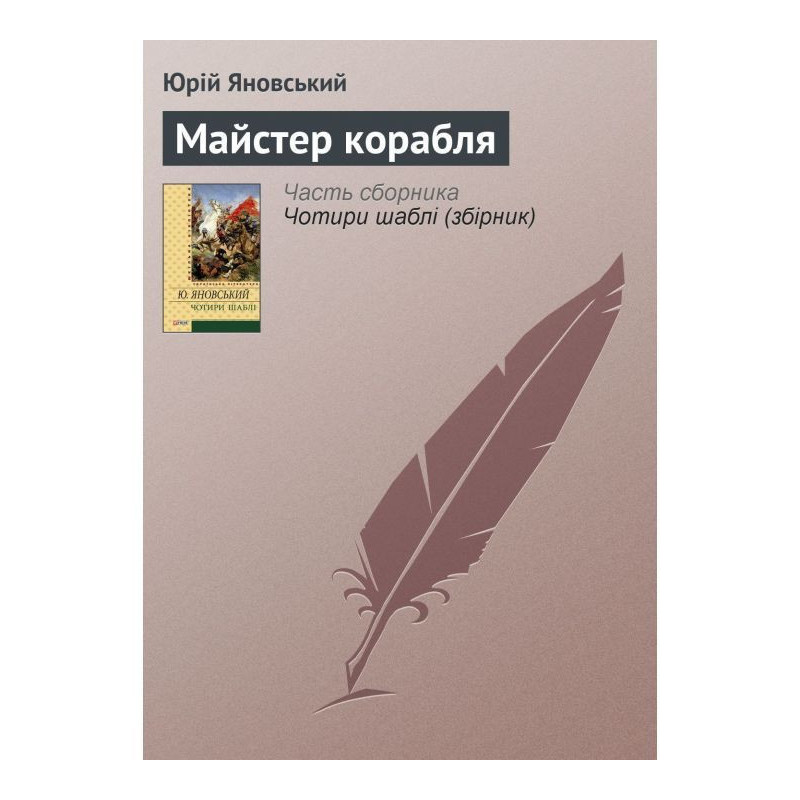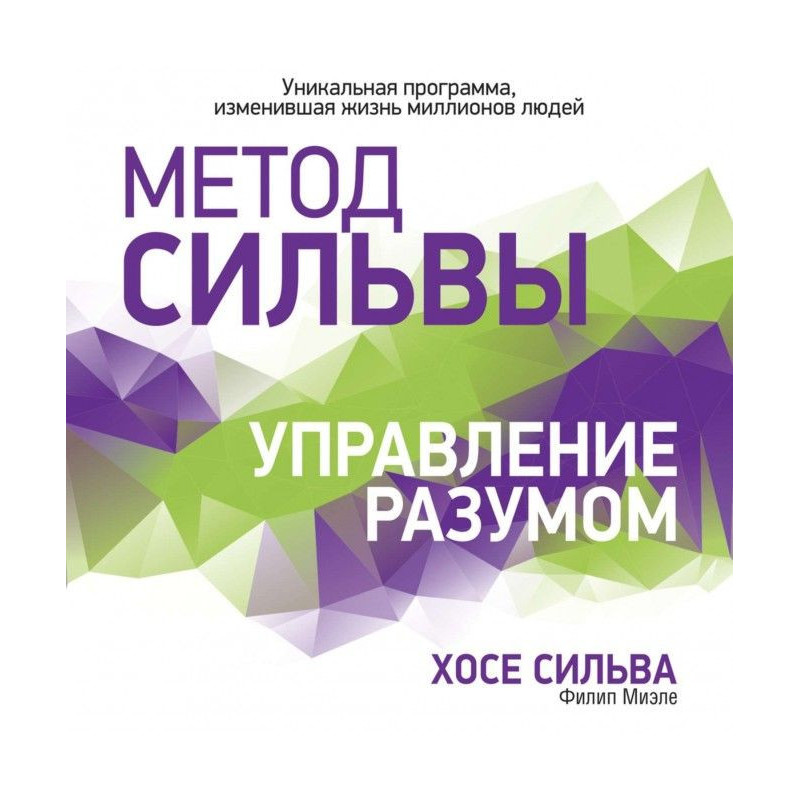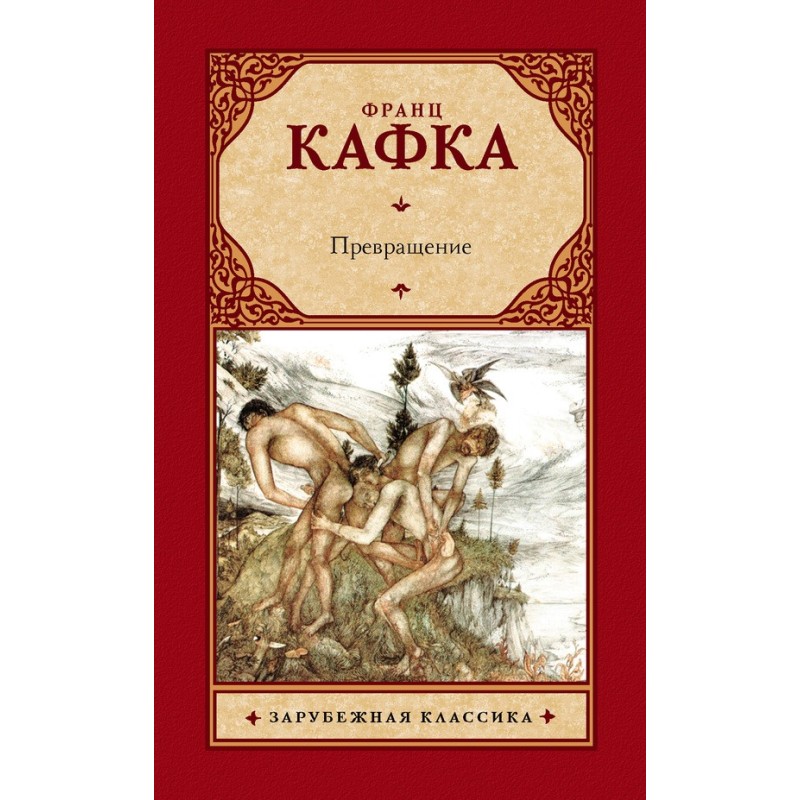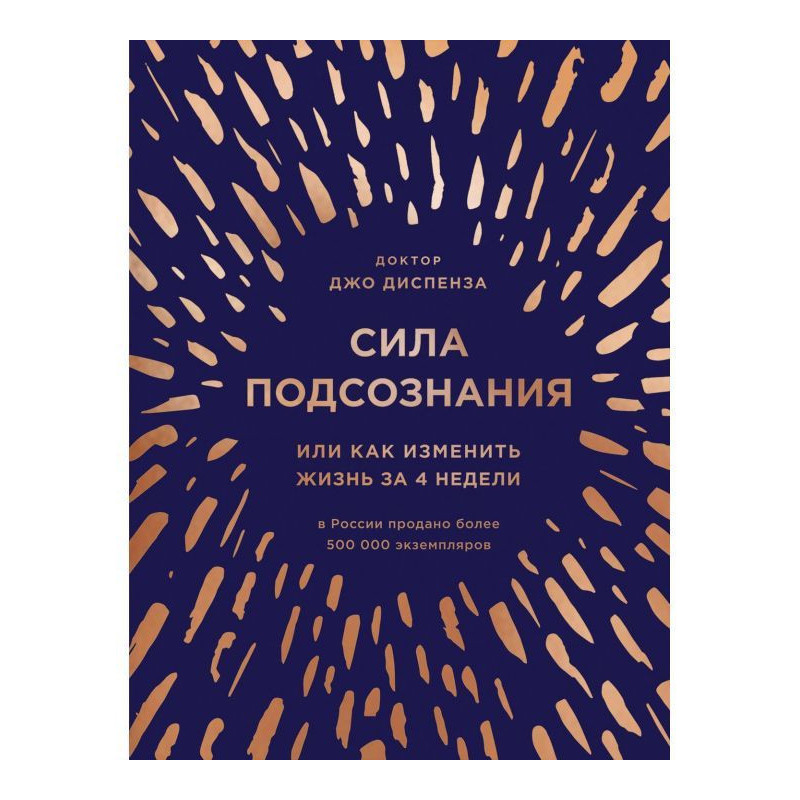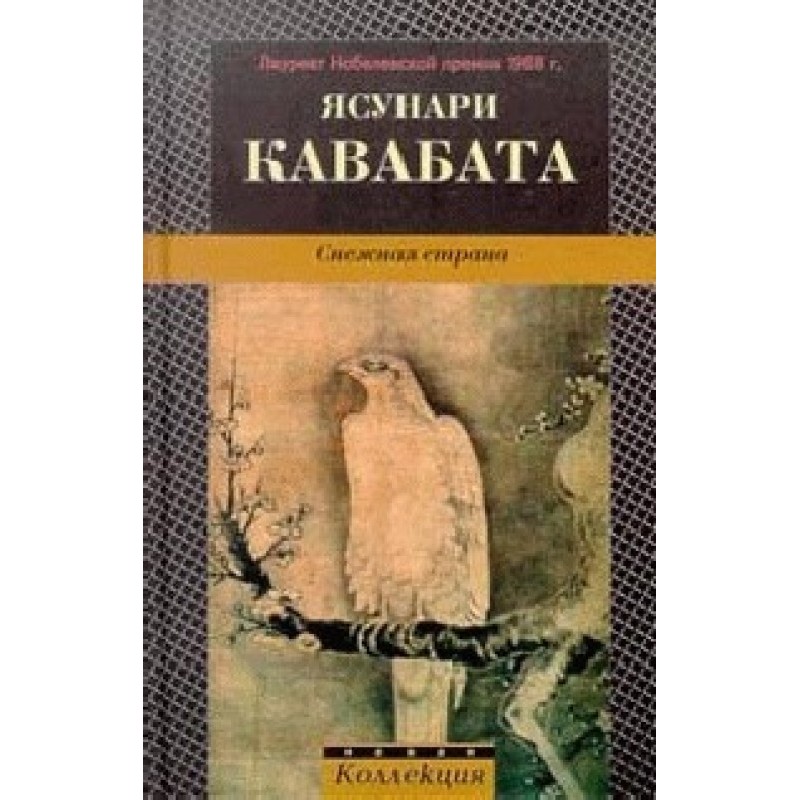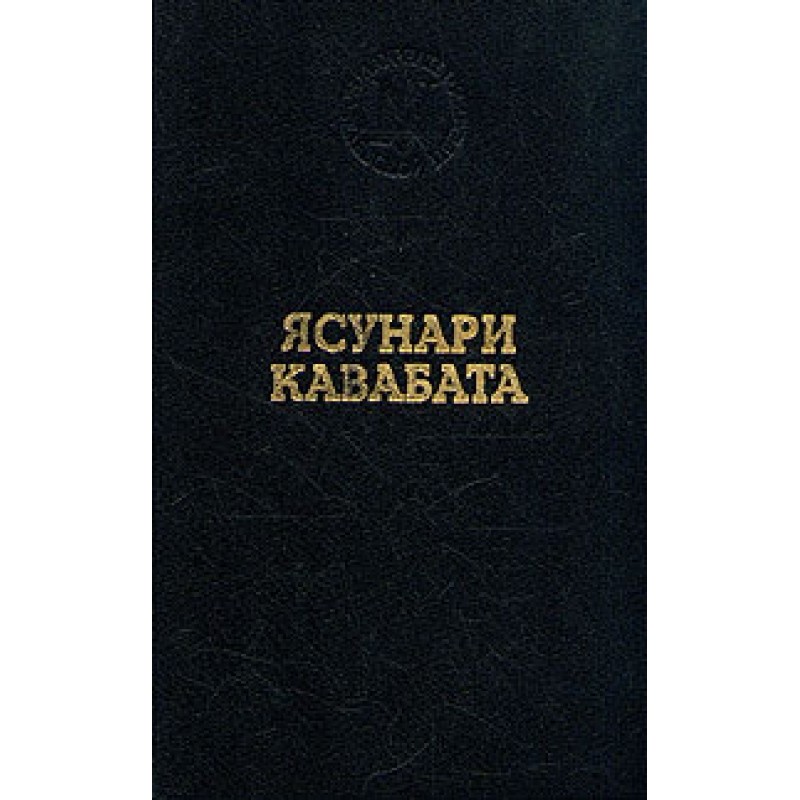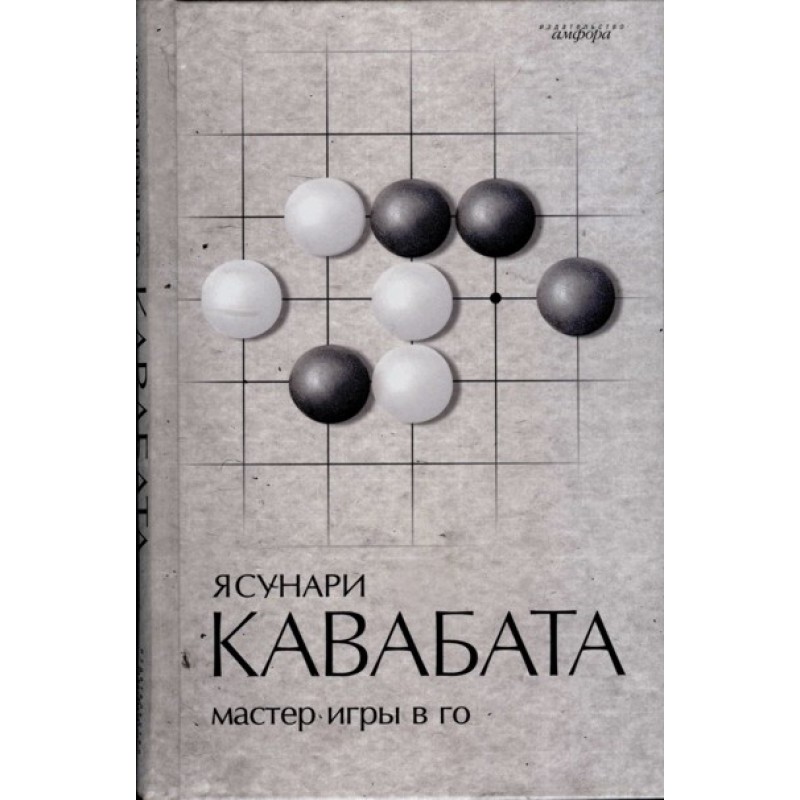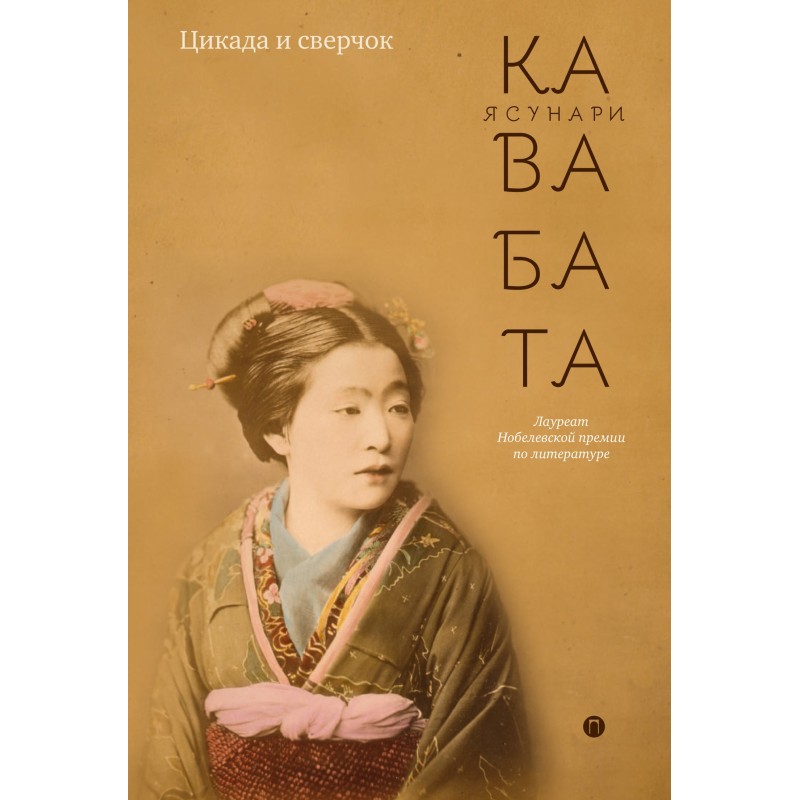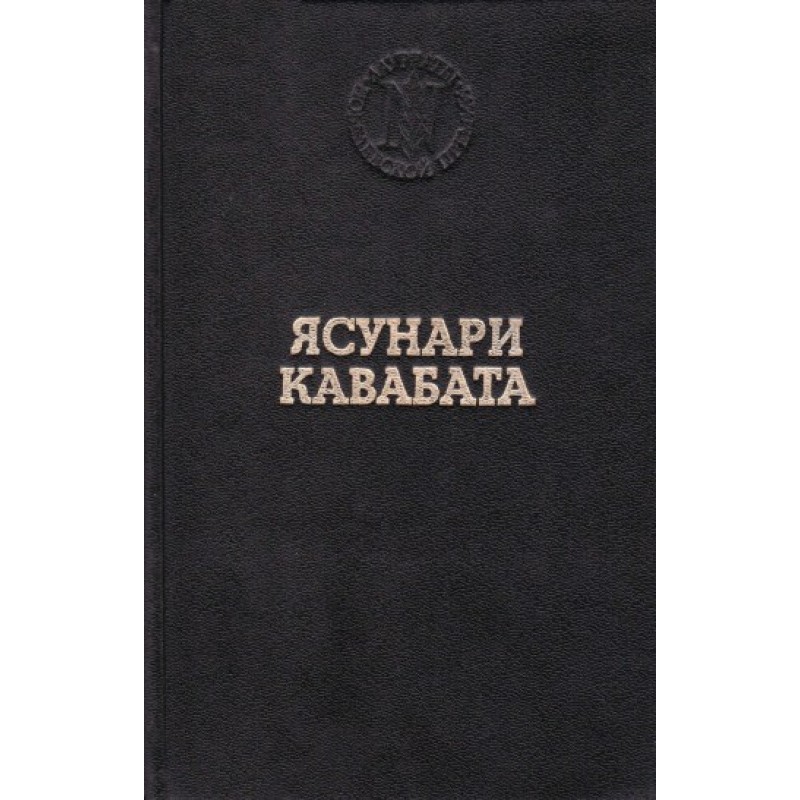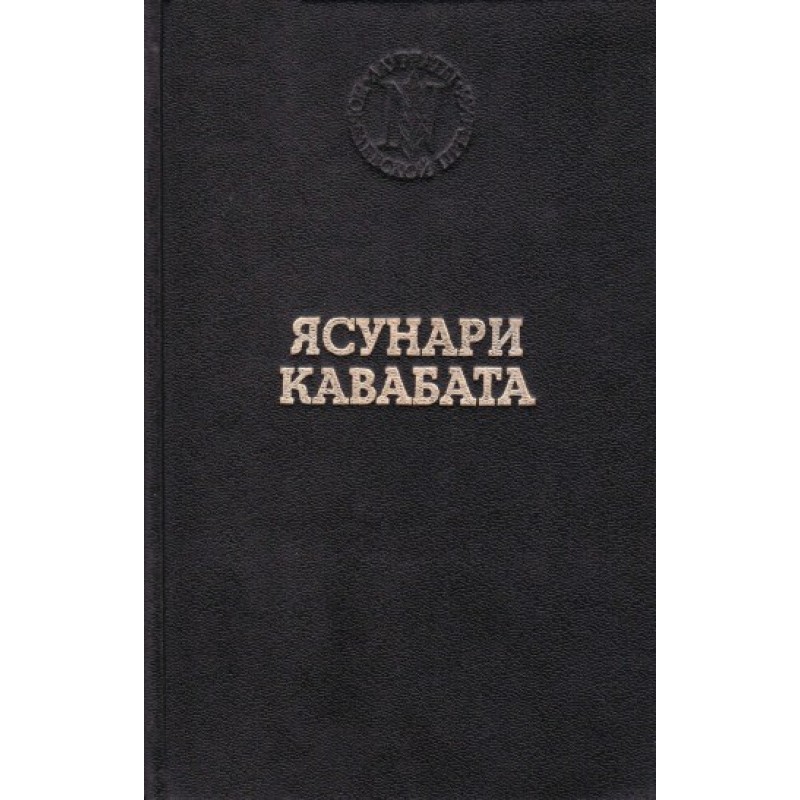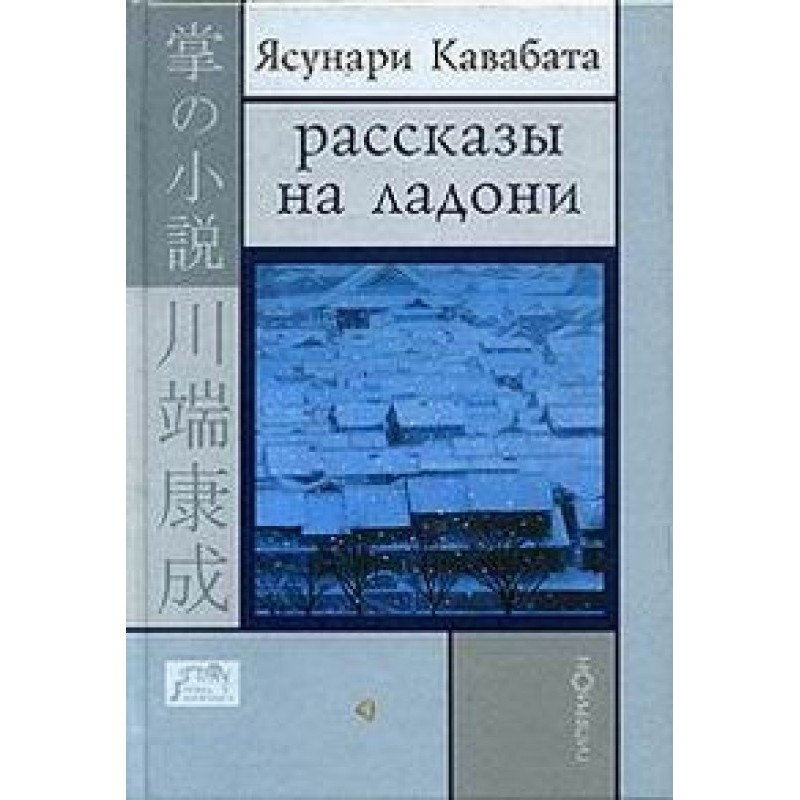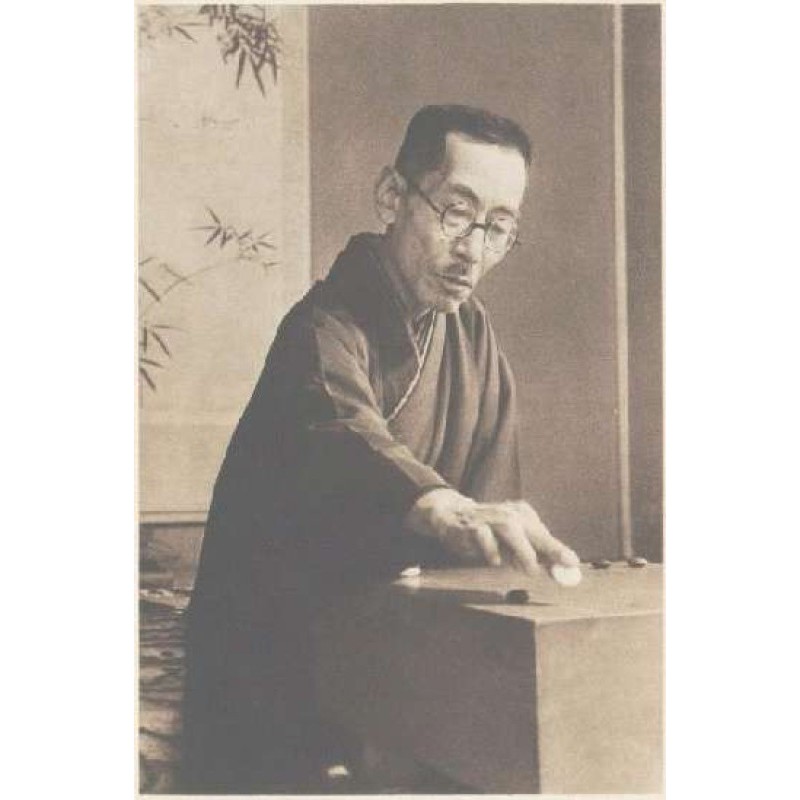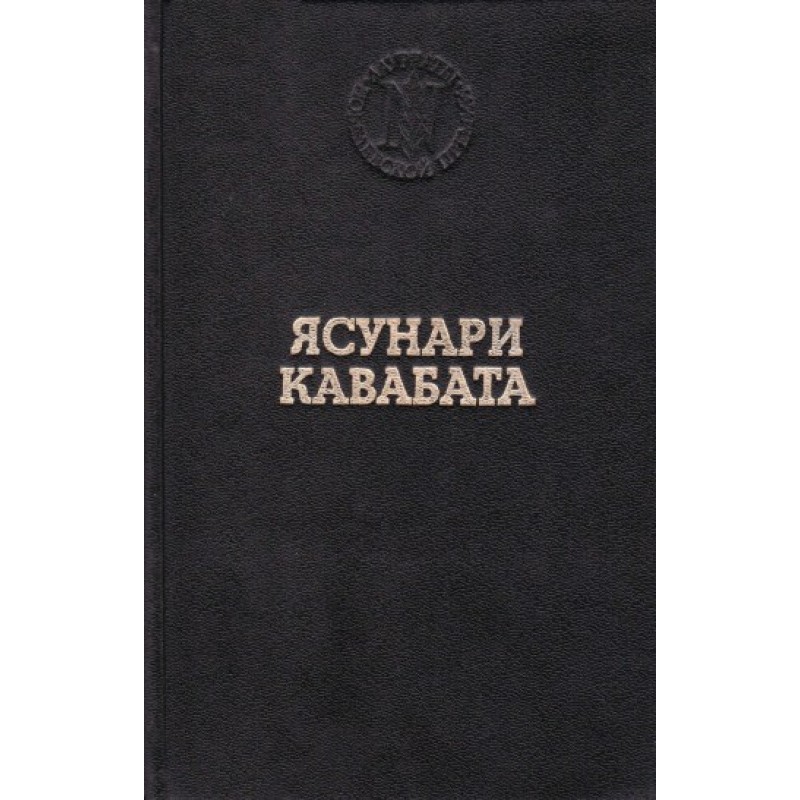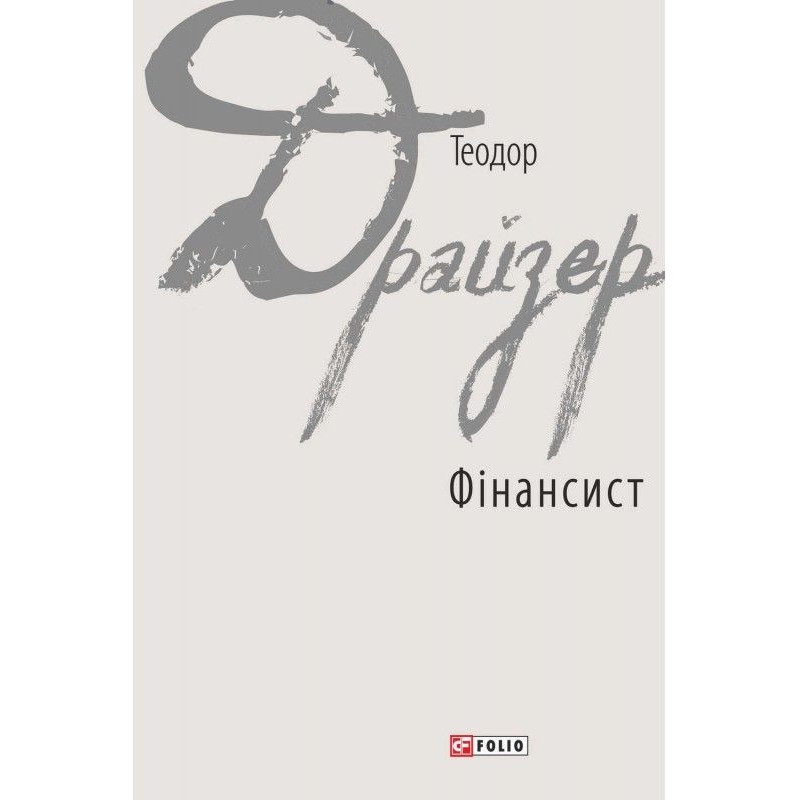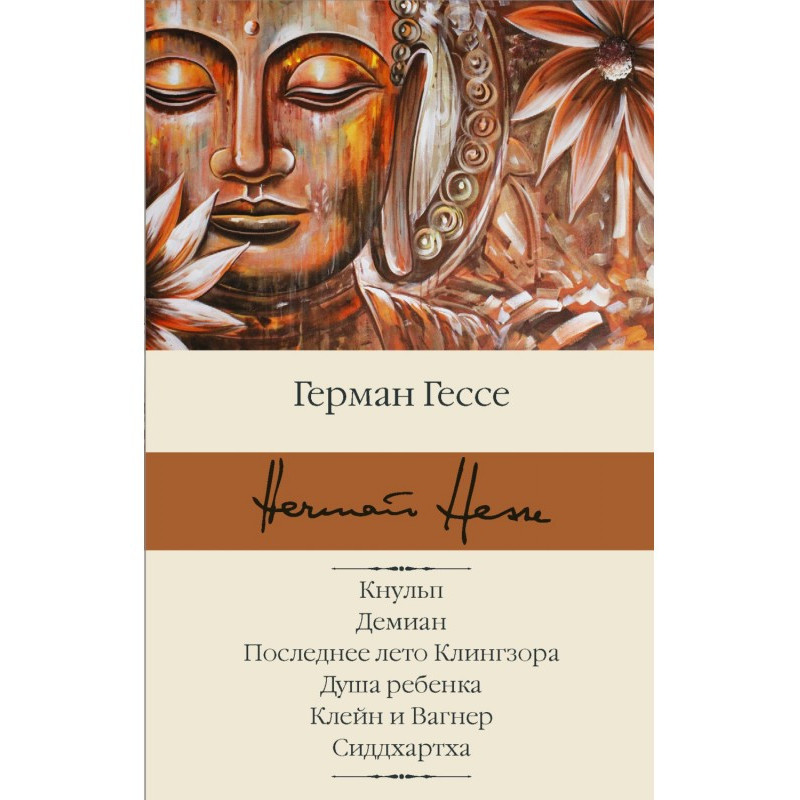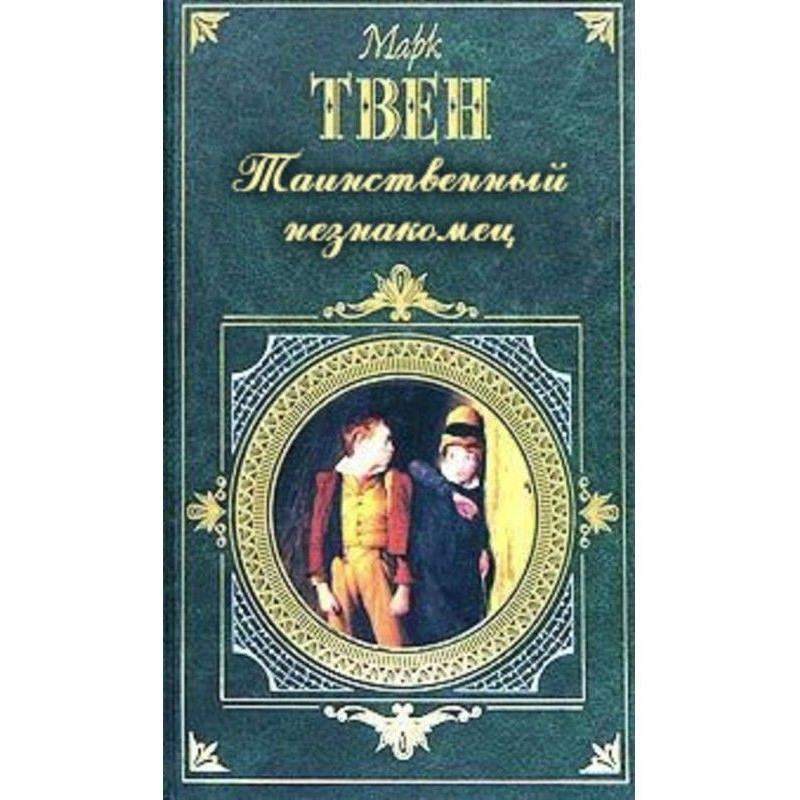thousand-winged crane
 Instant download
Instant download
after payment (24/7)
 Wide range of formats
Wide range of formats
(for all gadgets)
 Full book
Full book
(including for Apple and Android)
“The fathers ate sour grapes, but the teeth of the children are set on edge” is a biblical quote that surprisingly accurately conveys the “top”, “plot” layer of Yasunari Kawabata’s novel “The Thousand-Winged Crane.” The story is about a nervous, reflective young man Kikuji, for whom one of his late father’s mistresses is obsessively trying to replace his mother and marry his bride, the other for some reason starts an affair with him, and he falls in love with her daughter, who, in turn, has complex and ambiguous feelings for him. feelings, performed by a Western author would have smacked of comedy, but Kawabata was Japanese, and therefore his novel, imbued with national symbolism (in which the cross-cutting images of the crane and the tea ceremony are only the most obvious) and numerous allusions and references to the masterpieces of the Heian and samurai eras, was and remains one of the most brilliant, aristocratically refined and controversial works of the last century.
Data sheet
- Name of the Author
- Ясунари Кавабата
- Language
- Russian
- Translator
- Зея Абдул Карим Оглы Рахим
Reviews
Вражаюча глибина та символізм
«Тисячокрилий журавель» Ясунарі Кавабати – це не просто роман, а справжня літературна подорож у світ японської культури та психології. Кавабата майстерно переплітає сюжетні лінії, створюючи складну мережу відносин між персонажами, що відображає їхні внутрішні переживання та соціальні норми. Історія Кікудзі, який намагається знайти своє місце в світі, сповнена емоційної напруги та неоднозначності, що робить її надзвичайно актуальною навіть у сучасному контексті. Образи журавля та чайної церемонії надають твору особливого шарму і глибини, запрошуючи читача замислитися над складністю людських почуттів і відносин. Кавабата вміло використовує біблійні алюзії, що додає додаткового виміру до його твору. Це книга, яка залишає слід у душі, спонукаючи до роздумів про любов, втрати та пошуки сенсу життя. Рекомендую всім, хто цінує літературу з глибоким змістом та емоційною напругою!


